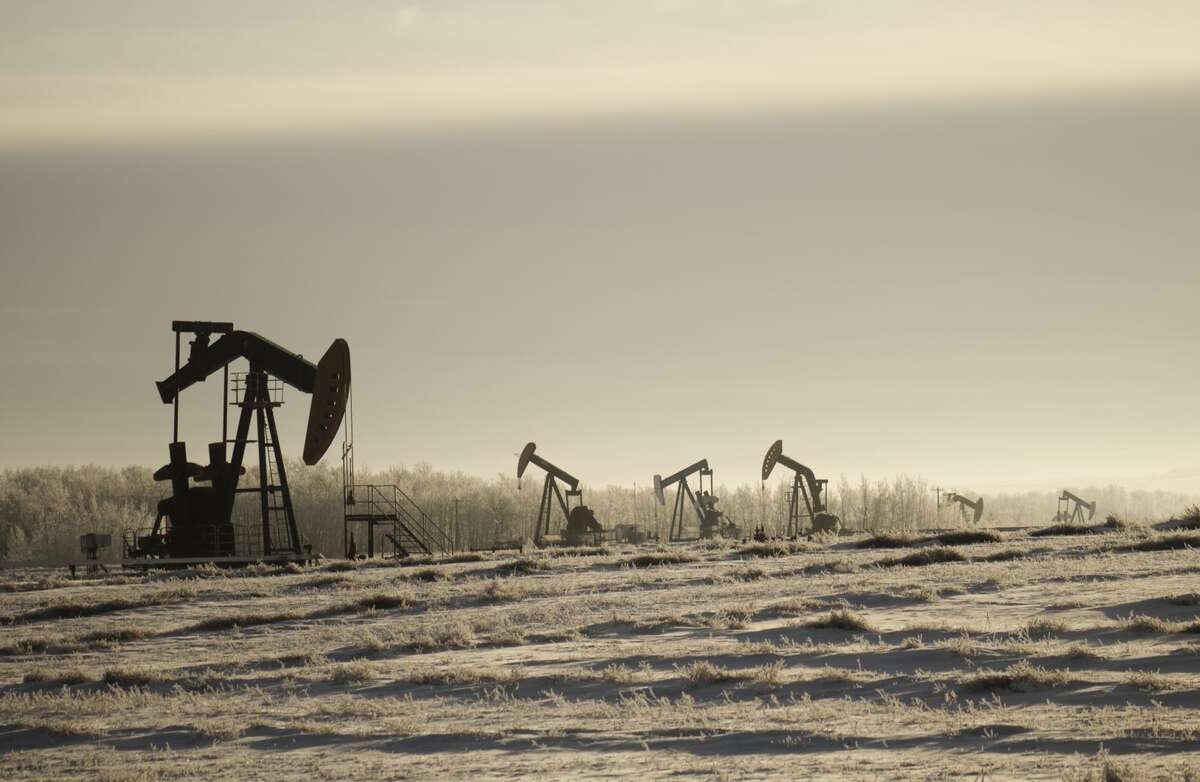If you’ve lived long enough that revelation probably isn’t surprising, but it’s nonetheless disappointing.
The World Bank puts the direct or explicit subsidies for coal, oil, and gas in 2021 at $577 billion. That’s twice the subsidies for renewable energy and almost six times higher than the climate funding promised by wealthy countries.
Big oil has sustained political influence and many local economies remain dependent on fossil fuel industries. This is despite the windfall profits Big Oil has reaped since inflation reared its ugly head. They chalk it up to productivity improvements, but that’s a load of crap. Spend two minutes reviewing their financials and it’s obvious that the record profits are coming from prices that are higher than current levels of inflation warrant.
And fossil fuels aren’t the only carbon emitters that continue to be subsidized. Agriculture also enjoys significant subsidies. You might be thinking – who would argue with subsidizing farmers? Well, first, the idea of the small family farm died a long time ago. Most farming is now big business. Sure, some small family farms remain. However, it would be easy to carve them out and assist their survival.
More alarming is a 2021 UN Agency report which indicated that almost 90% of agriculture subsidies harmed people’s health and the climate. One reason cited was that subsidized fertilizer caused overuse.
I have no idea if the UN’s 90% assessment is accurate, but it’s clear that the continuation of legacy subsidies is counterproductive. Unfortunately, I don’t see it changing. Both the fossil fuel and agriculture industries have strong lobbying efforts. And given that the average voter is focused on other issues, I don’t see a short-term path that would alter their political influence. It will only change if the environment rises closer to the top of political issues.










